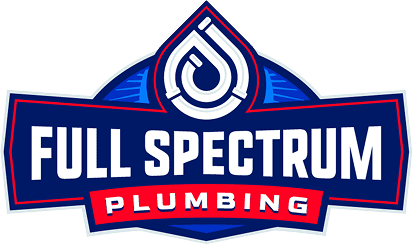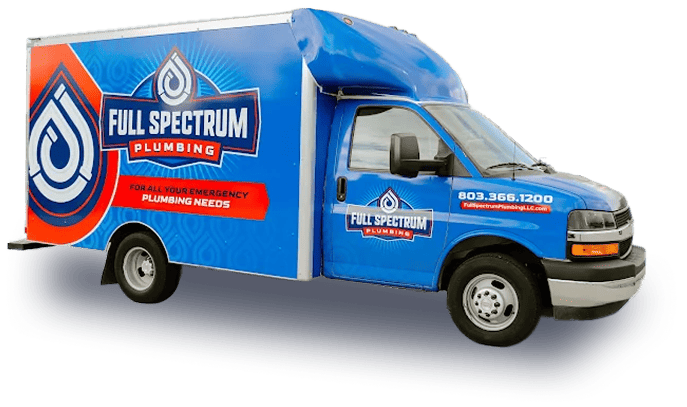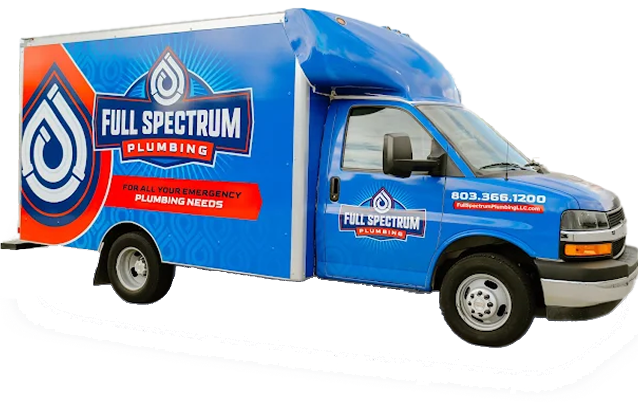Proudly Serving Rock Hill and Surrounding Areas
Drain Cleaning 101: An Overview of the 5 Most Common Residential Clogged Drains
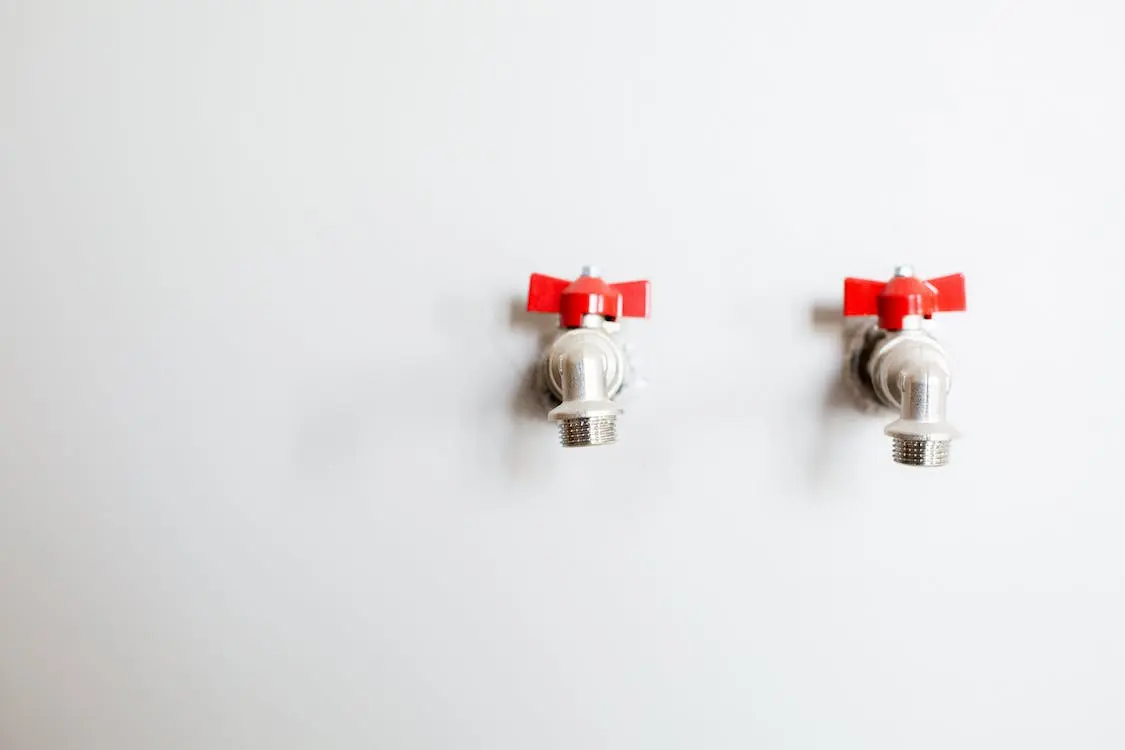
Microplastics and Plumbing: Understanding the Environmental Impact
[/fusion_title][/fusion_builder_column][fusion_builder_column type=”1_1″ type=”1_1″ layout=”1_1″ background_position=”left top” border_style=”solid” border_position=”all” spacing=”yes” background_repeat=”no-repeat” margin_top=”0px” margin_bottom=”0px” animation_speed=”0.3″ animation_direction=”left” hide_on_mobile=”small-visibility,medium-visibility,large-visibility” center_content=”no” last=”true” hover_type=”none” background_blend_mode=”overlay” first=”true” min_height=”” link=””][fusion_text]Clogged drains are not a hot news for most of us. But it can be a pretty big problem if left unattended. When the water flow in your sink or shower isn’t draining properly, a clog could be causing blockage. Knowing how to identify and address common clogged drains is an important part of being a homeowner.
The following guide covers the five most common residential clogs and provides some basic tips on how to go about resolving them:
- Hair Clogs – This type of clog occurs when hair builds up around the drain’s trap, blocking water from passing through. To resolve this problem, you can use a wire coat hanger wrapped with duct tape to provide enough friction for dislodging any built-up hair. For more stubborn cases, a plumbing snake can be used to reach deeper into the drain and break up any persistent build-up.
- Soap Scum Clogs – If your drain pipe is clogged with soap scum, you will likely need to use a combination of chemical and manual removal methods. Start by pouring boiling water down the drain to loosen any hardened soap residue.
You may also want to mix baking soda and vinegar together before pouring it down the drain as an added cleaning agent. Finally, if these methods do not work, try using either a plunger or an auger (a plumbing tool) to remove any remaining debris from the pipe walls.
- Grease Clogs – Grease buildup in kitchen drains is one of the most common causes of clogged pipes. To address this issue, you can use a mixture of baking soda and vinegar to break down the grease buildup before trying to unclog it manually with a plunger or an auger.
- Mineral Scale Clogs – Mineral deposits, such as calcium and magnesium, can accumulate over time on the inside walls of drain pipes. If left untreated, these deposits can create blockages that are difficult to remove without using specialized chemical cleaners. These chemicals are often caustic and should be used in moderation.
- Foreign Objects Clogs – Foreign objects like toys or jewelry can easily become lodged in your home’s plumbing system, leading to complete blockage if not addressed in a timely manner. To remove such objects, you can use a plumbing snake or auger to fish it out. If the object is too deep for either of these tools, you may need to enlist the help of a professional plumber.
By becoming familiar with the five most common residential clogs, you will be better prepared should your home’s plumbing system ever become blocked up. With this knowledge and the right set of tools, many clogs can be resolved fairly quickly and easily without having to call in an expensive professional.
Common Symptoms of A Clogged Kitchen Sink Drain
The slowing down of the draining process is one of the most evident symptoms that your kitchen sink drain is plugged. It’s possible that water will take significantly longer than usual to drain away, or it might not flow away at all.
When you drain the water from the sink, you might also hear gurgling or bubbling sounds coming from the pipes. This could be a symptom that there is air that is getting stuck in the system as a result of an obstruction in the pipes.
There is also the possibility that water will back up into other components of your kitchen, such as your dishwasher, in certain instances. It’s possible that a clog in your plumbing system is the source of a strong odor coming from the region around the sink.
Last but not least, if there are pools of water that are not moving around your sink, this could be an indication that there is a big obstruction that is causing water to back up.
It is imperative that you get in touch with a qualified plumber as soon as possible if you observe any of the above-mentioned common indicators. They will be able to evaluate the circumstance and provide you a remedy that will assist in ensuring that your kitchen sink continues to function in the appropriate manner.
Common Symptoms of A Clogged Bathroom Sink Drain
One of the clearest signs of a clogged bathroom sink drain is water that takes an unusually long time to drain or not draining at all. When water takes too long to go down the drain, it could mean there’s something blocking the flow and preventing it from freely entering the sewer system.
Additionally, if you start noticing water pooling around your feet while you’re in the shower or bathtub, this is another indication of clogged drains caused by buildup that needs to be addressed immediately.
You may also experience gurgling noises coming from your bathroom sink when this happens as air bubbles try to escape through pipes filled with backed-up material. A foul odor emanating from inside your bathroom can also be attributed to a blocked drain. This smell is caused by bacteria that thrives in the damp environment of a clogged sink, which can quickly spread and become an unpleasant problem for your home.
It’s best to contact a professional plumber if you’re having any issues related to blocked bathtub or sink drains. They will be able to properly diagnose the issue and use specialized tools and chemicals to effectively get rid of any buildup or blockages that have been causing problems.
Proper maintenance and regular cleaning with baking soda, vinegar, or store-bought cleaners can help prevent future clogs from forming and keep your bathroom plumbing functioning optimally.
Common Symptoms Of A Clogged Laundry Room Drain
A clogged laundry room drain can cause a lot of frustration, mess and inconvenience. Fortunately, there are some telltale signs that you can watch out for to indicate if your laundry room drain is blocked up.
One sign is water pooling around the base of your washing machine or in the sink after doing a load of laundry. If you find yourself having to mop up large amounts of standing water after each cycle, then there may be an obstruction in your drainpipe.
It’s also possible for a clog to cause sewage backups, which will create an unpleasant smell throughout your home. This odor is usually caused by sewer gas seeping out of the blockage due to poor ventilation or weak seals.
If your laundry room drain is clogged, there may be a sluggish or gurgling sound coming from the pipes when you do a load of laundry or turn on the faucet. This indicates that there’s an obstruction somewhere in the system, which needs to be addressed quickly before it becomes worse.
Finally, if water starts backing up into other areas of your house after you’ve done a load of laundry, then this could also be a sign that you have a blockage in your plumbing system.
For your professional drain repairs, Full Spectrum Plumbing Services is here to help. We specialize in unclogging and repairing clogged laundry room drains, so contact us today if you’re experiencing any of the above-mentioned issues.
With our expertise, we can have your drain cleared quickly and efficiently, so you can get back to doing what matters most – enjoying your home.
[/fusion_text][/fusion_builder_column][/fusion_builder_row][/fusion_builder_container]Recent Posts
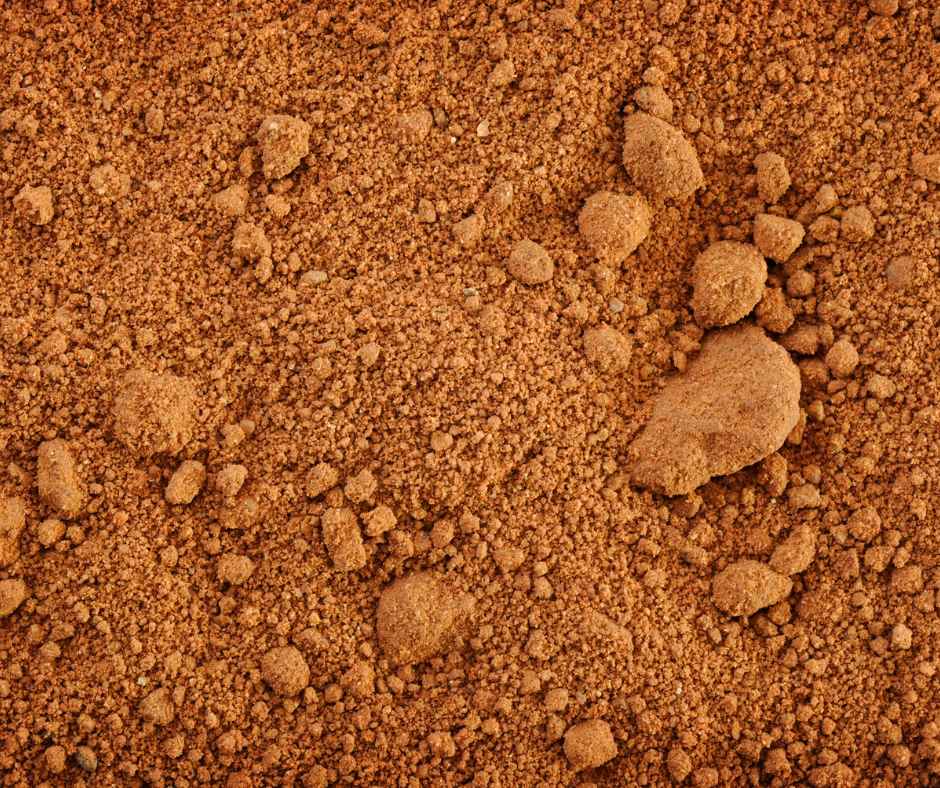
The Hidden Effects of Carolina Clay Soil on Your Sewer Line

Common Plumbing Problems Charlotte Homeowners Face Each Year

How Charlotte NC Residents Can Protect Their Homes From Winter Pipe Damage
Have a Question?
